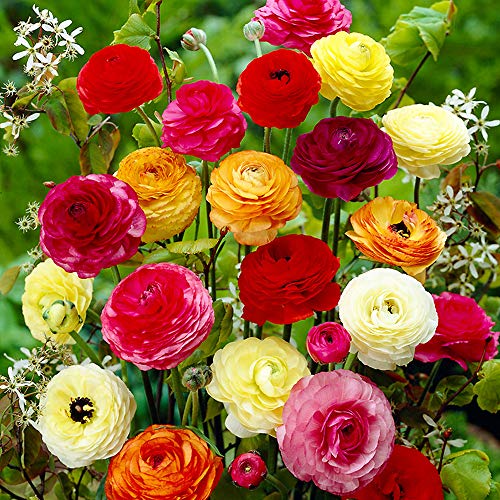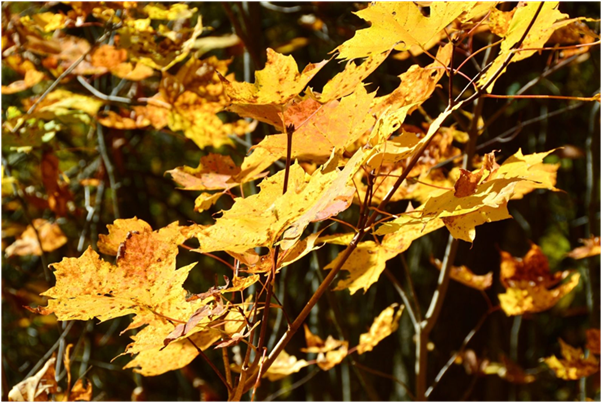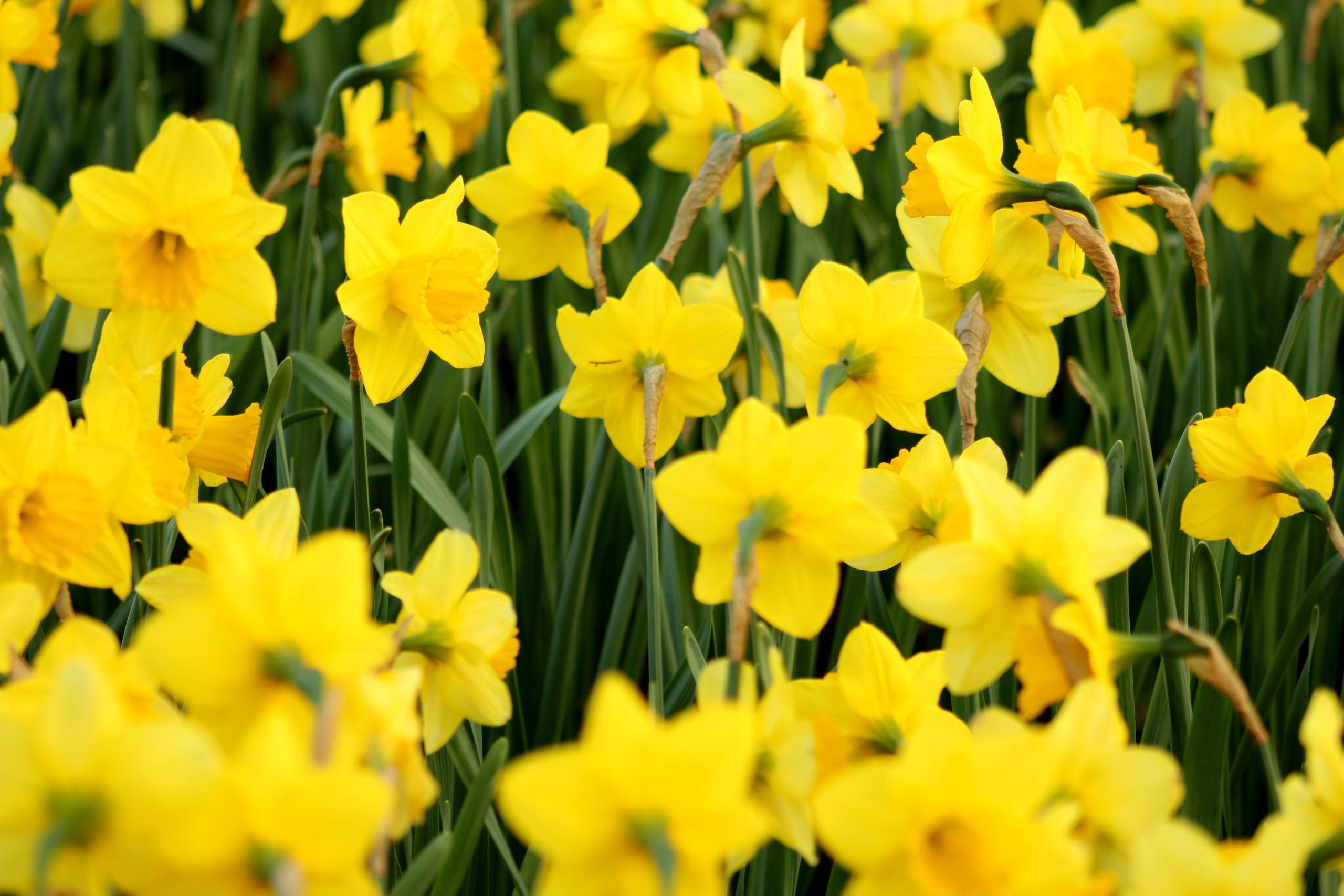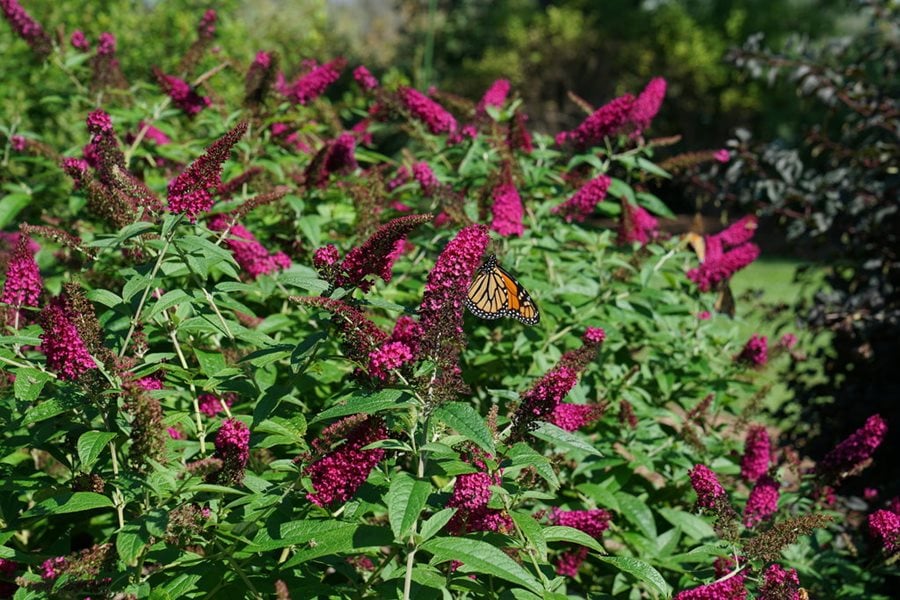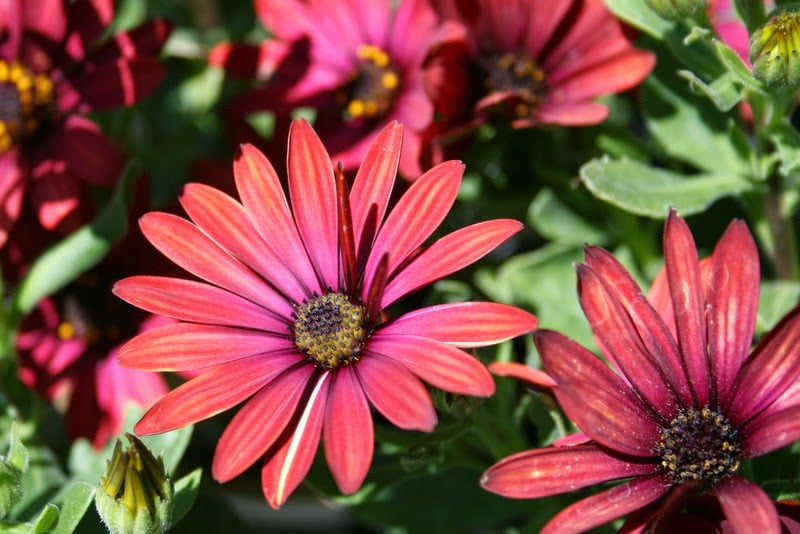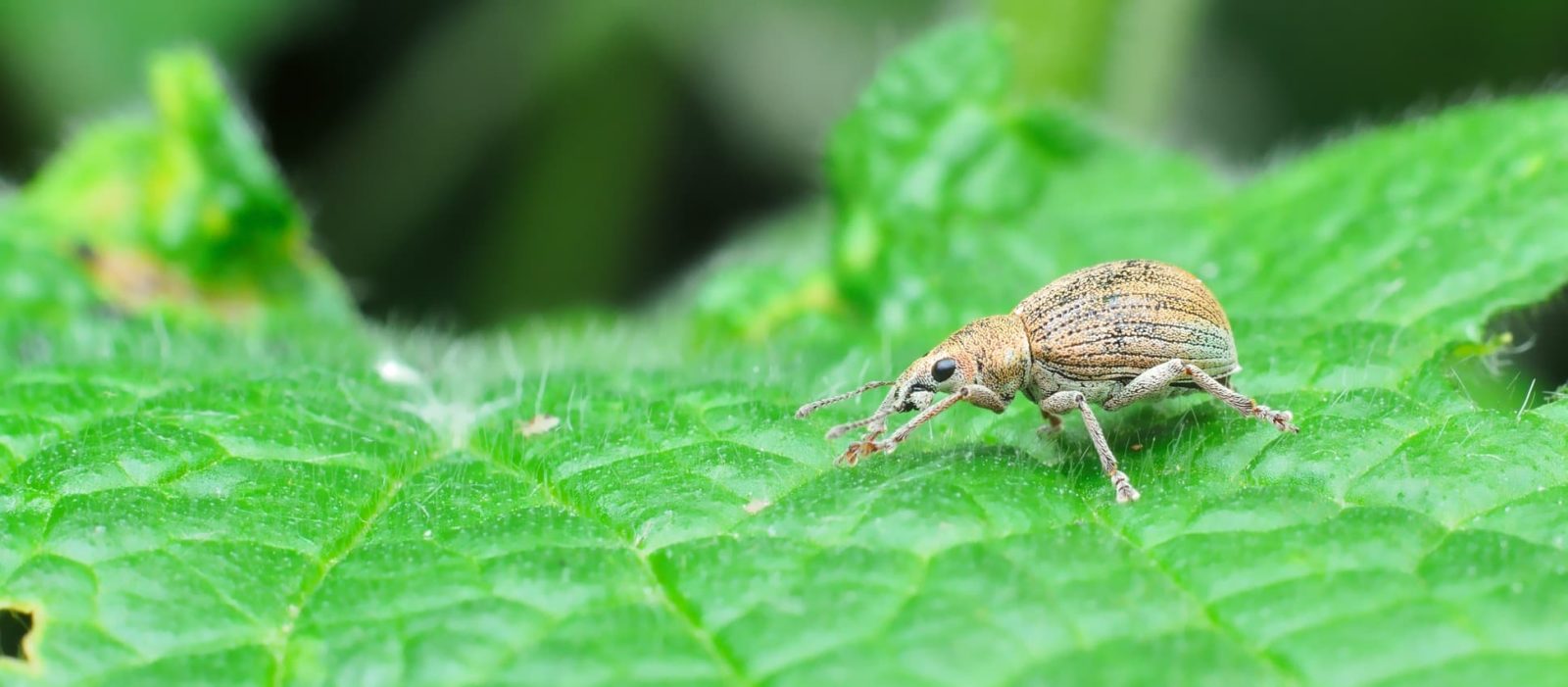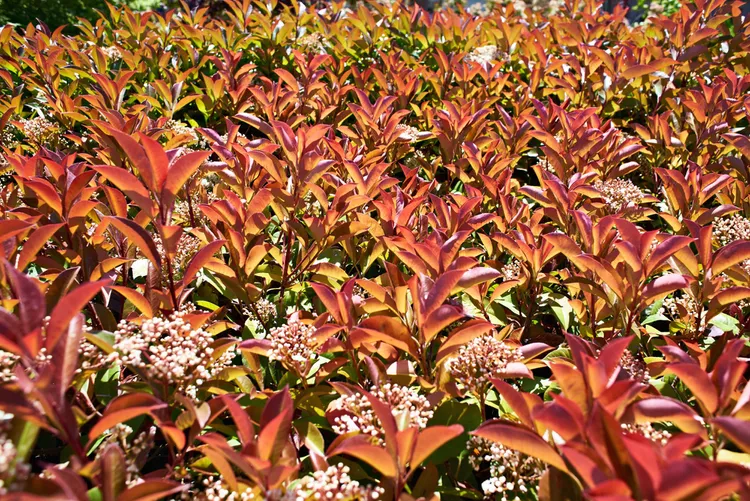The Ultimate Guide to Growing Ranunculus Successfully in Pots
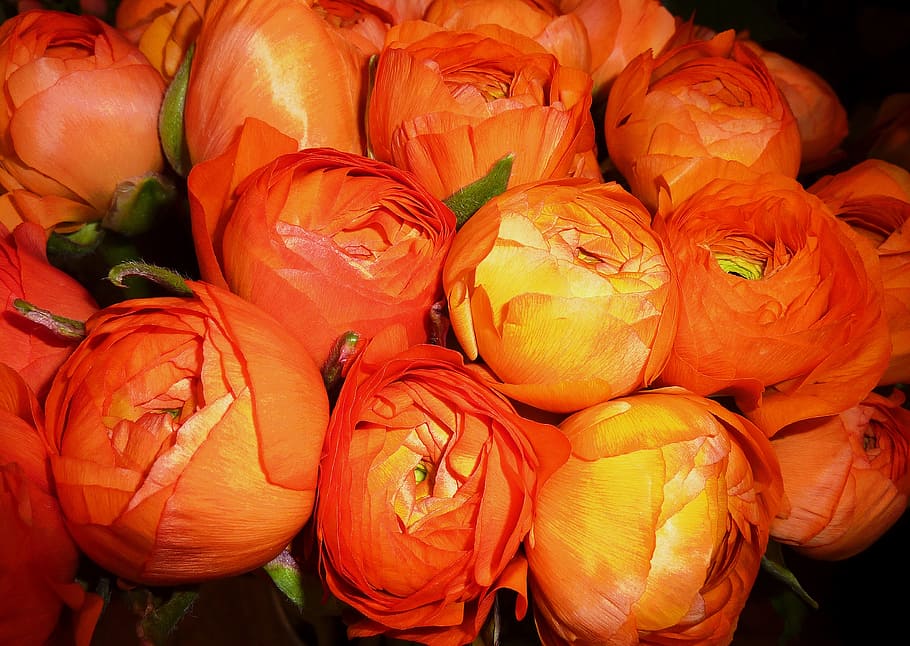
Table of Contents
Do you want a touch of vibrant hues in your container meadow? Welcome to the Ranunculus flower paradise and feel how beauty and tranquillity touch nature! Ranunculus, popularly known as “Buttercups”, comes in various colours, including white, purple, yellow, and burgundy.
The blog “How to Grow Ranunculus in Pots” is your step-by-step guide for Ranunculus planting in containers. First, we’ll go from understanding the buttercups to picking an appropriate pot and preparing the soil for propagating varieties of Ranunculus. Next, we’ll look at the various varieties of Ranunculus and the best conditions for them to thrive so your garden is full of colour. These astonishingly lively blooms are a desired choice among container gardeners owing to their ease of care.
Whether you’re a seasoned expert or just getting started with container gardening, don’t miss the tips and tricks; keep reading!
Know About Ranunculus
Ranunculus is a good choice for container gardening. The family Ranunculaceae contains almost 600 species of blossoming plants and includes the genus Ranunculus.
Ranunculus flowers appear virtually flawless with their rose-like blooms featuring tissue-thin petals. They come in shades ranging from fiery pink, red, and blue to cream, faded yellow, and orange—making them a common sight at wedding planner businesses and in floral arrangements.
Common Ranunculus Cultivars for Your Pots
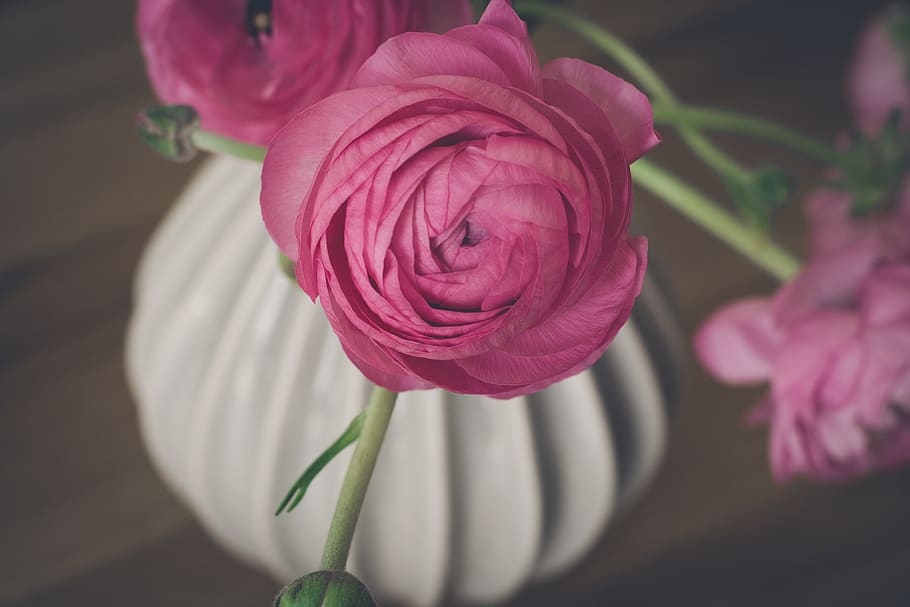
Ranunculus asiaticus, or Persian Buttercup, is a light pink and white hardy flower quite popular in the United Kingdom.
Other common Ranunculus cultivars include Ranunculus Ficara (yellow), Ranunculus Acris (bright yellow), Ranunculus Accolade (pink-yellow), Ranunculus Alpestris (white with yellow anthers), and Ranunculus Cloni (orange). These Ranunculus cultivars are appropriate for container gardening.
Ranunculus is a lovely flowering plant that does well in container gardening. The growth habit, colour, and blooming season must all be considered when selecting Ranunculus cultivars for container gardening.
Choosing the Right Pots To Grow Ranunculus
Many garden enthusiasts like you now prefer to grow their plants in containers, and choosing the appropriate containers is essential when growing Ranunculus. Your Buttercup plants’ health and growth may be significantly impacted by the container you choose
1. Importance of Selecting the Right Container
Ensuring the pot you choose for your Ranunculus has adequate drainage is paramount. These flowering plants require well-draining containers to keep water from collecting in the bottom because they are particularly prone to root decay. Therefore, be sure to choose pots that have drainage holes.
2. Factors to Consider when Choosing Pots for Container Gardening
Several things need to be considered when selecting pots for container gardening. These elements include the pot’s size, shape, and composition. Because it will affect how much soil and moisture the plant receives, the pot’s size is particularly crucial.
3. Best Types of Pots for Ranunculus
Always choose pots with enough depth to hold the long roots of Ranunculus. Hence, it’s best to select pools at least six inches deep. You have the option of choosing terracotta, ceramic, or plastic pots. Black plastic containers should be avoided, though, as they can trap heat and cause plant drying.
- 【Premium Quality】The clay pot made of top-quality clay and baked at 1796°F high temperature,...
- 【Large and Practicality】The clay pots for plants, 15cm in height, 15cm in outer diameter, are...
- 【Drainage Holes and Saucer】Each ceramic pottery planter comes with a small drainage hole at the...
Factors Ensuring Plant Growth
There are a few key factors to consider to ensure your Ranunculus plants flourish in pots.
1. Soil Preparation for Planting Ranunculus
Making a soil mixture high in organic matter is the first step in preparing the soil for planting Ranunculus in pots.
Composted garden waste and nutrient-dense organic materials contribute to developing nutrient-rich soil.
When composing your soil mixture, aim for a ratio of one-part soil to one-part organic material. Sand should be added for drainage since Ranunculus plants prefer moist soil, not soggy soil.
2. How Much Water Do Ranunculus Plants Need?
Ranunculus plants require regular watering, though not necessarily an abundance of water. Therefore, water your Ranunculus plants sparingly at first, just enough to saturate the soil mixture in your pots.
Once the upper inch of the soil has begun to dry out, water the plant. Determining when the soil needs watering for the first time can be challenging, so be sure to check it every day.
3. Understanding Ranunculus Sunlight Requirements
Of course, Ranunculus plants require sunlight to flourish. Therefore, these plants need shade, even though they do direct sunlight.
How can you fulfil both requirements of this flowering plan? Super Easy!
Ideally, Ranunculus plants should be exposed to full sun in the morning and shade in the afternoon. They can maintain cool leaves and moist soil in this manner.
In the end, you will be delighted to see that the Ranunculus plants are flourishing in pots with the proper soil preparation, the right amount of water, and the right setup for their daylight needs.
Growing Ranunculus in pots is truly an excellent idea. Ranunculus blooms from mid-March to the end of spring. They have a 4-6 weeks blooming time.
How to Grow Ranunculus in Pots [Planting and Propagating]
You know the foundational steps to growing the Ranunculus plant, including choosing suitable pots and preparing the soil. We are now beginning the propagation process.
Here is a how-to with accurate measurements:
- Select a wide enough pot and a minimum of 8 inches deep to fit your Ranunculus bulbs. To prevent waterlogging, make sure it has drainage holes.
- Add a mix of well-draining soil to the pot. Use a 3:1:1 mixture of garden soil, compost, perlite, or sand.
- Before planting, leave the Ranunculus bulbs under water for 3 hours. They will be able to absorb moisture and begin to grow as a result.
- Place the bulbs in the container soil nearly 4 inches apart and 2 inches deeper. Always ensure that the bulb’s pointed end is facing up.
- Water the ground well to keep it moist but not soggy.
- Put the plant’s container in a bright area where it will get no less than 6 hours of bright sunshine daily.
- Regularly water your plant to maintain consistently moist soil.
- Apply a balanced fertilizer with a half-strength solution or fish emulsion once a month to the Ranunculus plant.
- The flowers will begin to bloom in 4 to 6 weeks.
- Remove the dead flowers to encourage new growth and extend the blooming season.
- 【Different Size Combo】These plastic planters indoor combines with 5 different sizes, which are...
- 【Modern Simple Design】A simple modern aesthetic and clean matte finish planters indoor plants...
- 【Excellent Drainage Holes and Watering Lip】These flower pots for plants come with multiple...
Growing Ranunculus in a Balmy Environment
If you reside in planting zone 7-11, plant them in autumn for late winter or spring’s first bloom. Before planting, soak dry corms the whole night in a shallow water tray to puff up to several times their size.
Growing Ranunculus in The Cold Environment
If your house is placed in planting zones 3-6, keep the Ranunculus plant’s dry, tiny corms in a moisture-less, cool area of your home during the wintertime. Avoid placing them in your refrigerator or near the furnace.
When late winter arrives, plant the soaked corms in the potting soil and keep them in your home’s greenhouse or a cool 45-to-60-degree F area until each corm grows several tender leaves. It can take two weeks before any leaf growth is visible.
When you plant them, please give them a good drink; keep giving them water when necessary to keep the tiny roots from drying out completely.
Ranunculus plants begin to hibernate once the temperature reaches the 80-degree F range. While the flowers fade, the leaves dry out and turn yellow. Digging the corms should start once all of the leaves have turned yellow. Do this immediately because voles and moles enjoy nibbling on them.
Allow them to dry out before they shrink and become hard completely. Then, preserve them in paper bags in your home’s cool, dry area for the next bloom.
Popular Varieties of Ranunculus You Can Grow
Let’s enjoy some exquisite varieties of Ranunculus!
1. Yellow Ranunculus
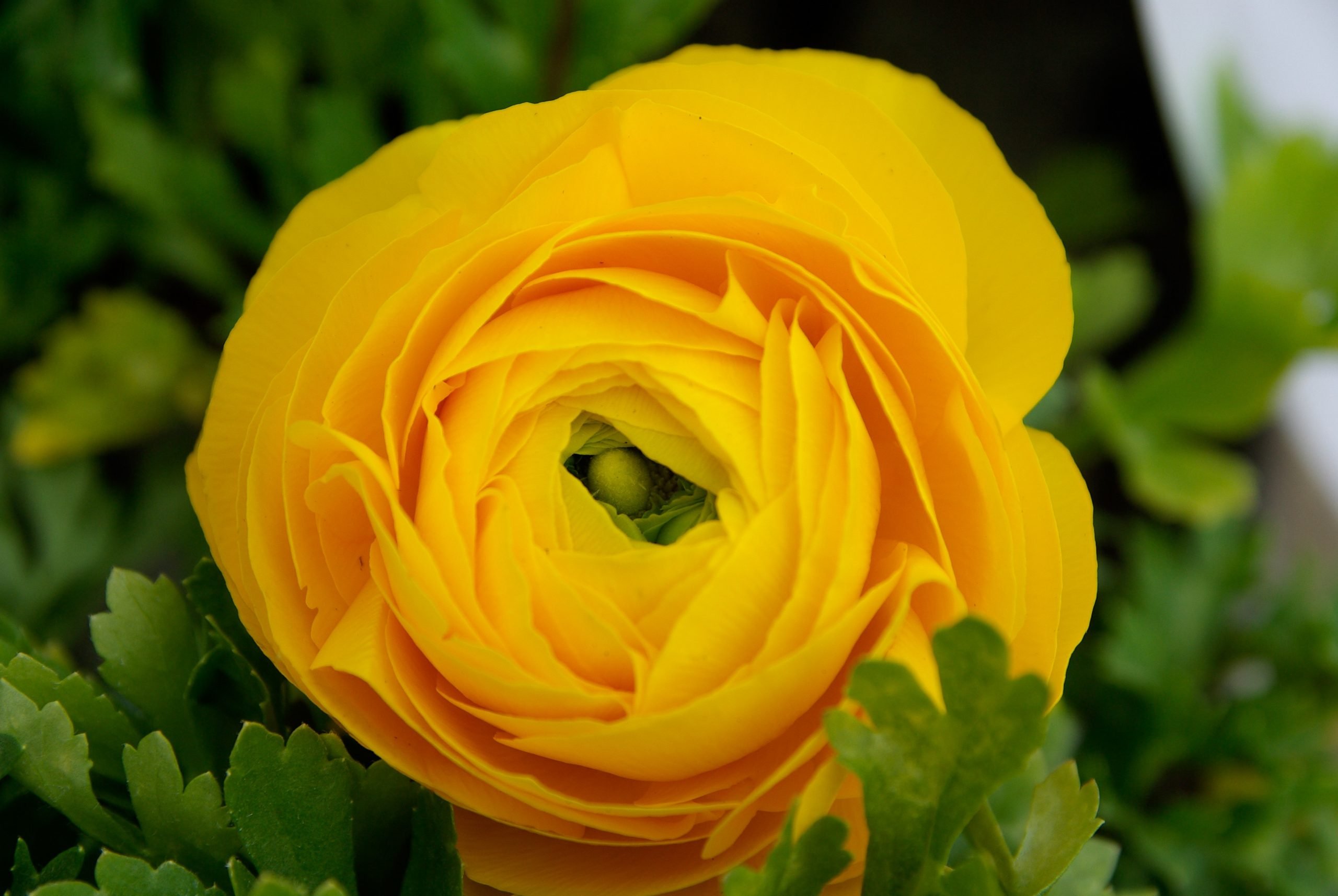
Gardening enthusiasts love the gorgeous yellow Ranunculus flowers. They are easy to grow and don’t need much upkeep. Their vibrant yellow flower petals and deep-green foliage bring colour and happiness to any landscape.
2. Burgundy Ranunculus
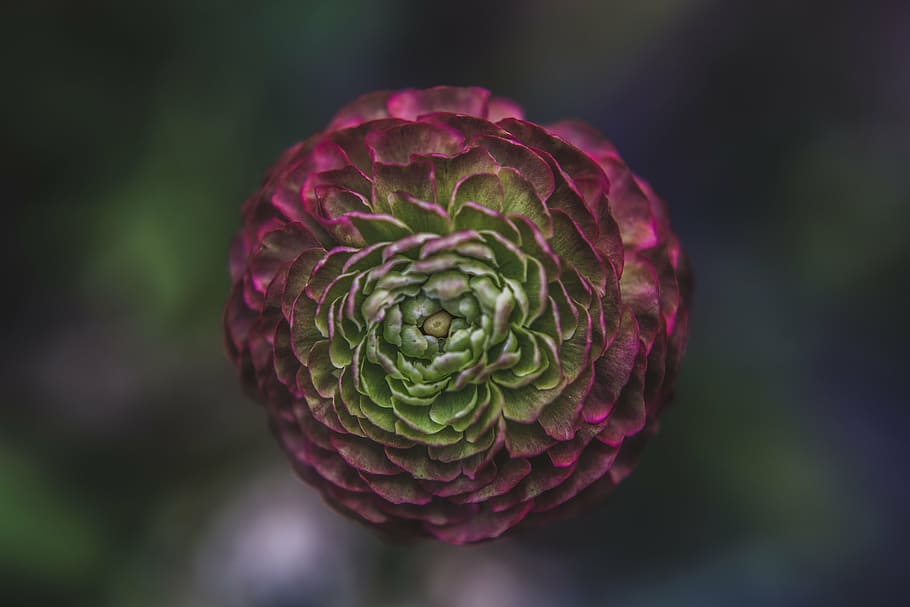
Dark reddish-purple blooms from Ranunculus burgundy pot flowers give your indoor or outdoor space a splash of colour.
3. Blue Ranunculus
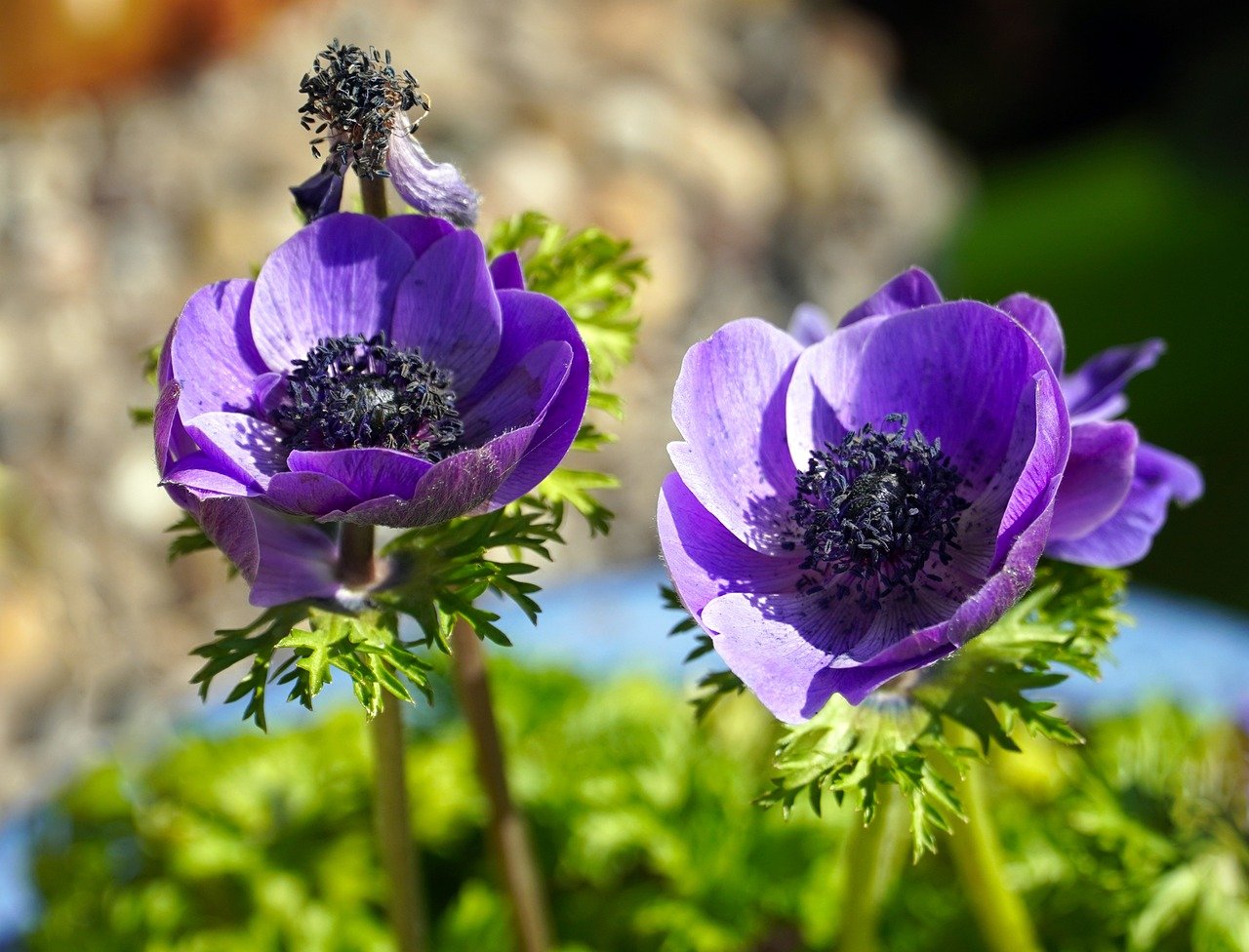
The stunning blue Ranunculus has an electrifying appearance. They have a long blooming season. It can be cultivated throughout the year, making it an excellent choice.
Conservation for Ranunculus Plants
Even though buttercup plants require very little upkeep, they are still prone to several illnesses and pests that can harm their general well-being and appearance.
Aphids, the tiny green insects, attack Ranunculus plants most frequently. However, ongoing checks and, if necessary, a powerful water spray or mild dish soap may eliminate aphids.
Slug pellets and copper tape can both be used to keep slugs away from the plant’s base. Ranunculus plants are susceptible to root rot, fungus-induced leaf spots, and powdery mildew.
Typically, using well-draining soil and avoiding overwatering can prevent these problems.
Tips for Obtaining Ranunculus Tubers
Ranunculus tubers resemble claws and are widely available in autumn at nurseries in regions with mild winters. However, if you want to grow Ranunculus in containers, a good option is to purchase them in pots from some nurseries in the spring.
Larger bulbs produce more flowers; always purchase the jumbo tubers since they are plentiful and bear more blossoms.
Larger tubers can yield up to 35 blooms and between ten and twelve stems in a single growing season. However, smaller bulbs are suitable for container planting.
- WHEN TO PLANT: Plant between January and May the flowers will Bloom June to August. HEIGHT 30-40cm....
- HOW TO PLANT: Simply plant the bulbs 5cm deep and 10cm apart and wait for bright double blooms that...
- CONTENTS: 10 x Ranunculus Mixture. Size 6/7cm
Conclusion
The article provided detailed instructions and practical advice to make your own Ranunculus pot paradise.
Ranunculus, also called “Buttercups, ” is a flowering plant that belongs to the Ranunculaceae family and is primarily recognized for its vivid, bright colours. Pick a potting mix with lots of organic matter and good drainage if you’re growing Ranunculus in a container. You can mix the required amount of compost for soil health and perlite or sand to enhance drainage.
Make sure the container you select has lots of channels for drainage in the bottom and is sufficiently deep. They require both sunlight and shade for optimum growth. Although the Ranunculus or Buttercup plant requires little maintenance, it is prone to several infections that can harm its general condition and look.
That’s it, then! We wish you success with your Ranunculus growth. Feel free to ask questions in the comments section.



